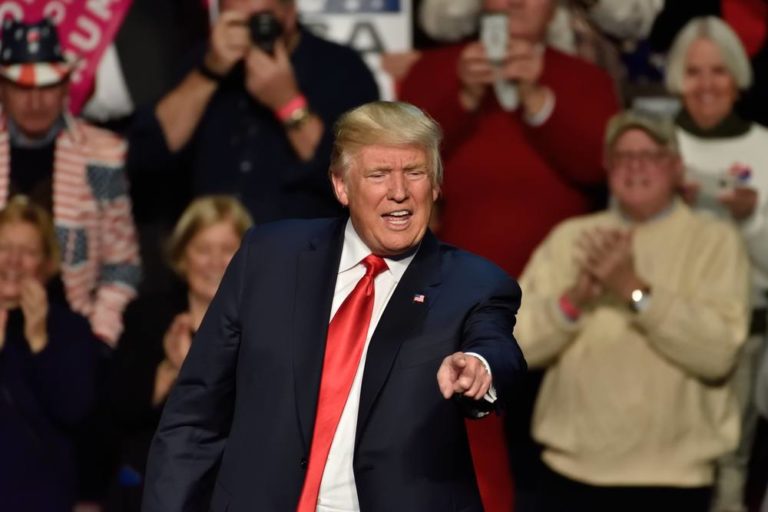Key Takeaways:
- Mahmoud Khalil, a Columbia University student, is detained in Louisiana.
- He faces serious harm in detention, according to evidence filed.
- Khalil is a pro-Palestinian activist who led campus demonstrations.
- His case highlights issues of student activism and immigration detention.
Columbia Student-Activist Faces Harm in Detention, Files Evidence Against Trump Administration
A Columbia University student-activist, Mahmoud Khalil, is at the center of a legal battle with the Trump administration. He has been detained in an immigration detention center in Louisiana for nearly three months. Now, Khalil has filed dozens of pieces of evidence and statements, describing the severe harm he faces while detained.
Khalil, who led pro-Palestinian demonstrations on campus, was arrested by federal agents. His case has drawn attention to the challenges faced by student activists and immigrants in the U.S.
Who is Mahmoud Khalil?
Mahmoud Khalil is a student at Columbia University and an active voice in pro-Palestinian movements. His leadership in campus protests has made him a prominent figure in student activism.
However, his activism has led to legal trouble. Federal agents arrested Khalil nearly three months ago. He has been detained in Louisiana ever since.
Why Was He Detained?
Khalil’s detention is linked to his involvement in pro-Palestinian demonstrations. His arrest and detention have raised concerns about freedom of speech and the treatment of activists.
Supporters argue that Khalil’s detention is an attempt to silence his advocacy. They claim that his rights are being violated and that he is facing unfair treatment.
What’s Happening in Detention?
Khalil’s lawyers have filed evidence showing the harm he is experiencing in detention. He has submitted his own declaration, describing the “visceral” pain he feels. The evidence includes details of his physical and emotional suffering.
The harsh conditions in the detention center have reportedly worsened Khalil’s health. His lawyers argue that his detention is causing irreparable harm and that he should be released.
Legal Battle Heats Up
Khalil’s legal team is fighting for his release. They have submitted statements and evidence to support his case. The evidence includes testimonials from witnesses and documents detailing his treatment.
The case is part of a broader debate over immigration enforcement and student activism. Supporters of Khalil are calling for his release and an end to what they see as unfair targeting.
What’s Next?
The outcome of Khalil’s case could have significant implications. It may set a precedent for how student activists are treated, especially those involved in pro-Palestinian movements.
For now, Khalil remains in detention, awaiting a decision on his case. His lawyers and supporters are hopeful that the evidence they have submitted will lead to his release.
Conclusion
Mahmoud Khalil’s case is a complex and deeply concerning situation. It raises questions about the treatment of student activists and the fairness of the immigration system.
As the legal battle continues, many are watching to see how Khalil’s case will unfold. His story is a reminder of the challenges faced by activists and immigrants in the U.S. today.









